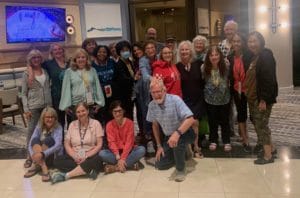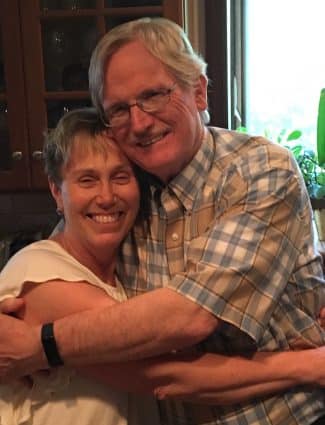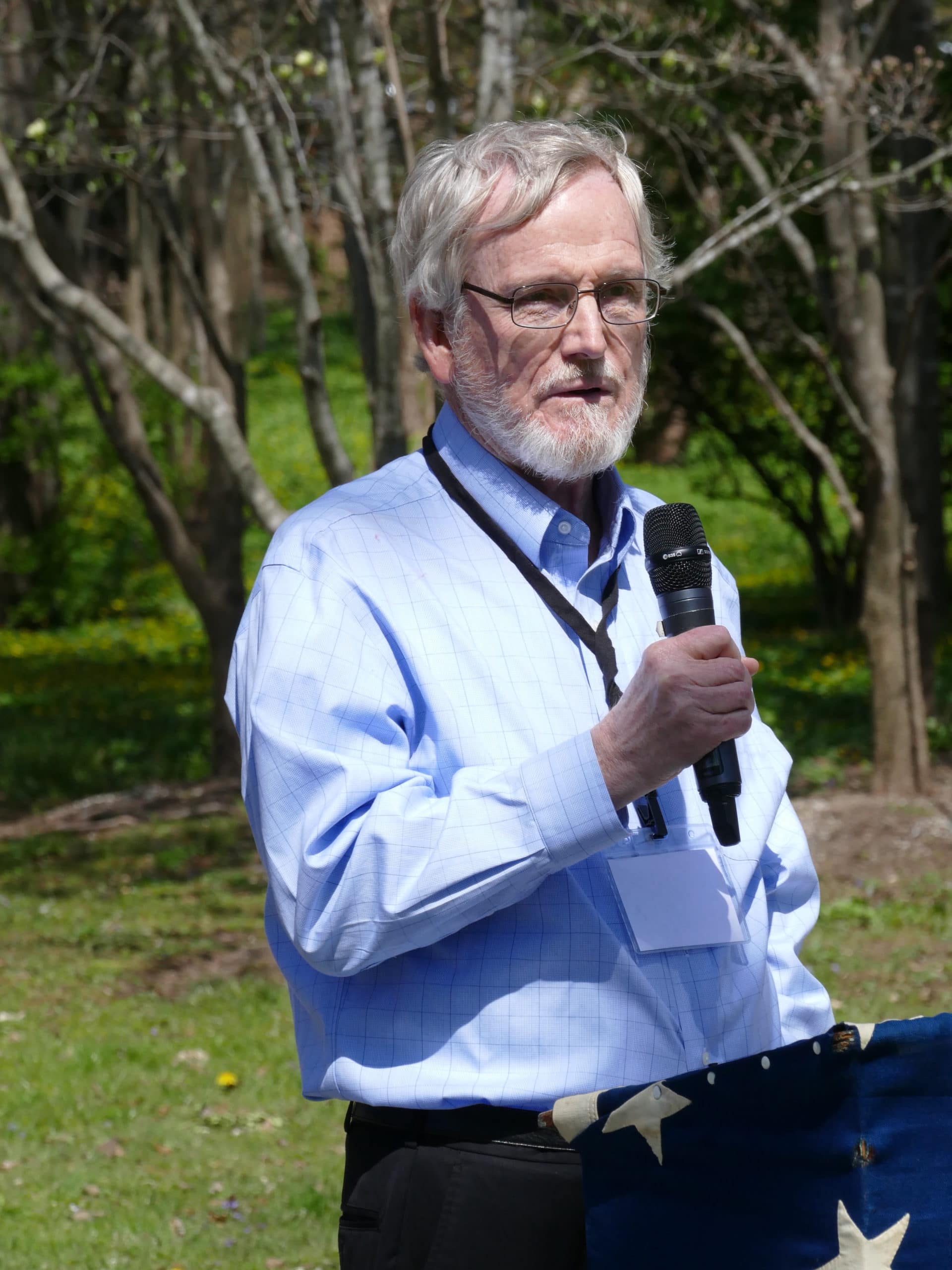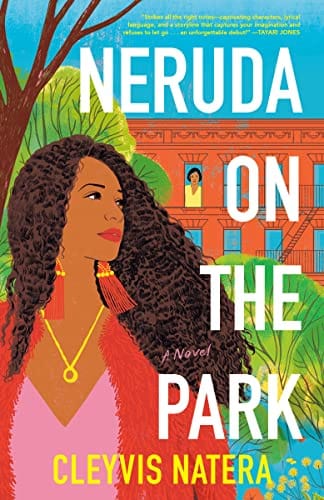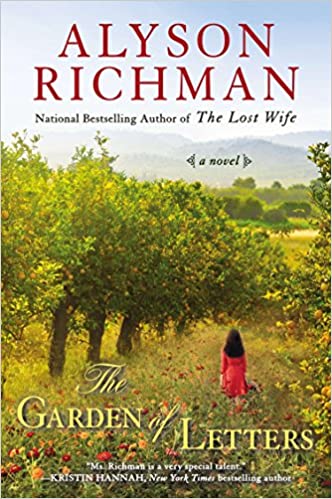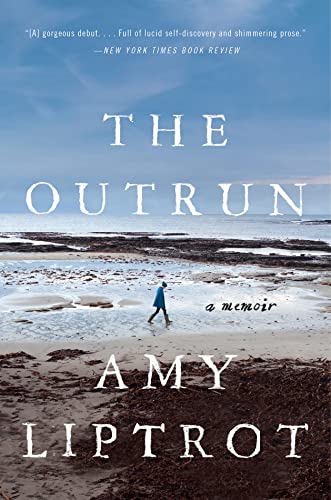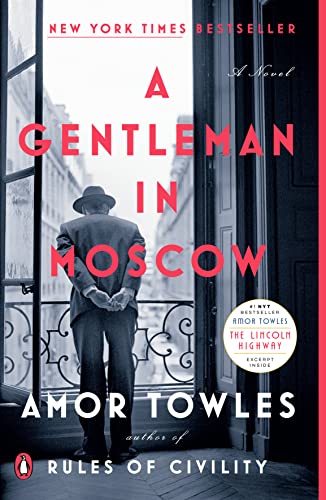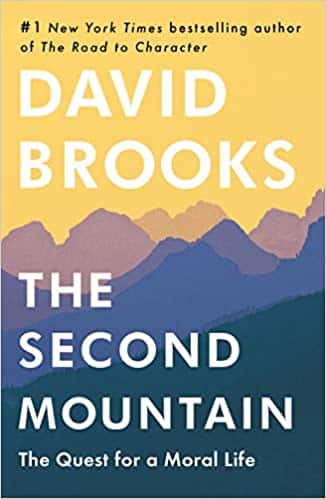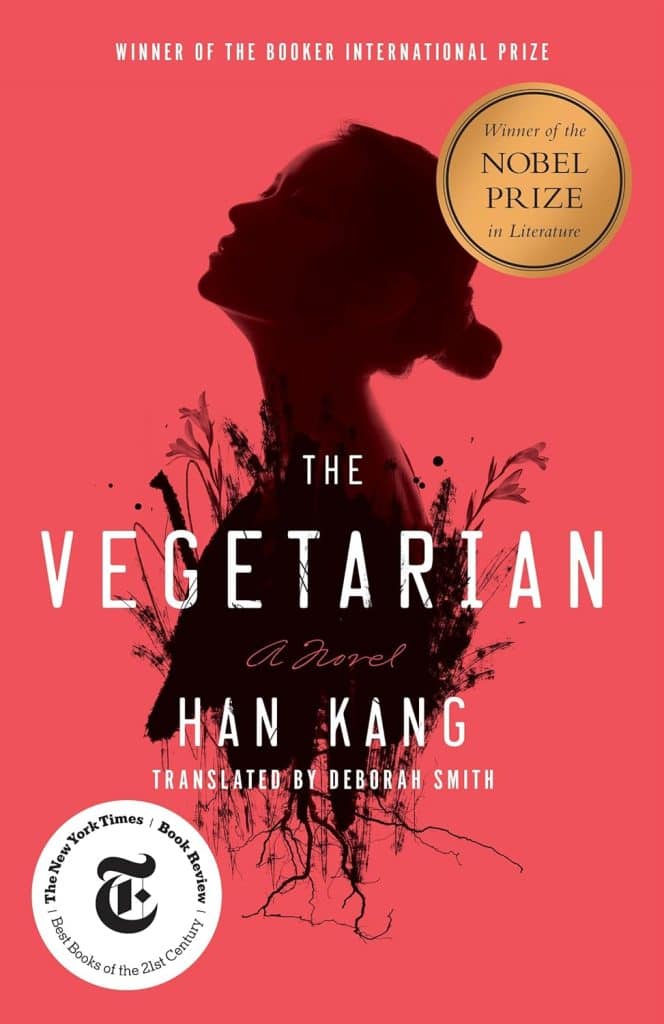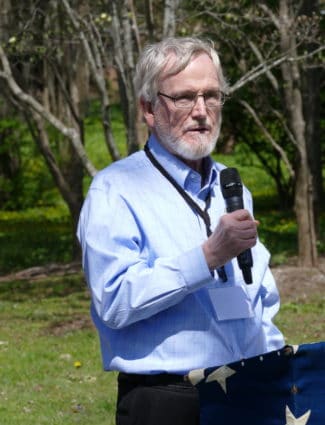
Transformative Widowhood
Learning From Loss Made Me a Better Person
Estimated reading time: 3 minutes, 47 secondsLately, I’ve been reflecting on the profound loss I’ve experienced and how it has truly transformed my life. I miss my wife dearly, but I’ve come to realize that embracing my grief has sparked a remarkable journey of personal growth. I often share this outlook in conversations, and it’s fascinating how it can take discussions in unexpected directions. The responses I receive are primarily positive, and I can’t help but think of my friend Danny’s encouraging words: “You are an incredible person! You are a new person! A better person!” It’s incredible how a little positivity can illuminate the path ahead.
I cherish those moments when others feel inspired to share their transformative experiences. I initially thought I grasped the concept of transformation. Still, a recent piece I read in The New Yorker, titled “Note to Selves,” about Yale Philosophy Professor Laurie Paul, illuminated the subject in a way I had never considered before. It opened my eyes to the depth and complexity of the transformative experiences that shape our lives.
My first encounter with Paul’s concept of transformative experiences was in a New York Times essay by David Brooks almost a decade ago. He described Paul’s work as “ingenious,” but I remembered his closing thought most.
“These days we think of a lot of decisions as if they were shopping choices. When we’re shopping for something, we act as autonomous creatures who are looking for the product that will produce the most pleasure or utility. But choosing to have a child or selecting a spouse, faith or life course is not like that. It’s probably safer to ask ‘What do I admire?’ than ‘What do I want?'”
Weeks after reading Brook’s essay, I began to reflect on how it might assist me in my retirement. Unfortunately, my wife was diagnosed with lymphoma, and I found myself in the roles of caregiver and eventually griever. Both Paul and Brooks emphasize the importance of asking the right questions, such as, “Will this make me a better person?” Actively choosing to change is reasonable, but during the loss of a loved one and, more recently, in the face of minor medical and financial challenges, there often isn’t time to think.
Losing my wife was the most challenging experience of my life. In those initial hours, I struggled to live without her. However, during my morning walks, I realized that I could not remain a prisoner of the past. I had no choice but to embrace the future and allow it to transform me.
I am a father, grandfather, friend, and neighbor, and each morning, I wake up with gratitude, saying, “Grateful am I, Adonai, for the precious gift of life.” The foundational pillars of my journey are faith, love, walking, reading, and volunteering.
About fifteen months into my grief journey, I read “Aftermirth” by Hillary Jordan. It is a comedy about loss. When I selected this short novel, I wondered if it was the right choice for me.
I found it easier to read and very helpful. It felt like meeting fellow widows from my Zoom grief groups in person at Camp Widow. The ability to laugh about our loss and cry openly is essential to connecting with others who understand our experiences.
Michael Larssen, the narrator, posed a question,
You can’t know that he was the love of your life, and do you know why? Because guess what, you aren’t dead yet. You may feel dead right now, and believe me, I’ve been there, but the fact is, until you’re lying under a tombstone of your own, you can’t be sure about anything.
Larsen’s comment made me reflect on my situation as a single person in my seventies. Jan and I shared nearly fifty years filled with passionate love. In our last conversation, she urged me to embrace the possibility of loving again. What worries me if I die is that you would have to live alone for the rest of your life,” she said, tears streaming down her face. I want you to love again and remarry if you find someone who truly loves you.
When I say, “Grateful am I, Adonai, for the precious gift of life,” I acknowledge my transformation over the past forty-three months. I choose to live life fully, and embracing love again honors the deep connection I shared with my wife. As The Beatles beautifully expressed, “And in the end, the love you take is equal to the love you make.”


